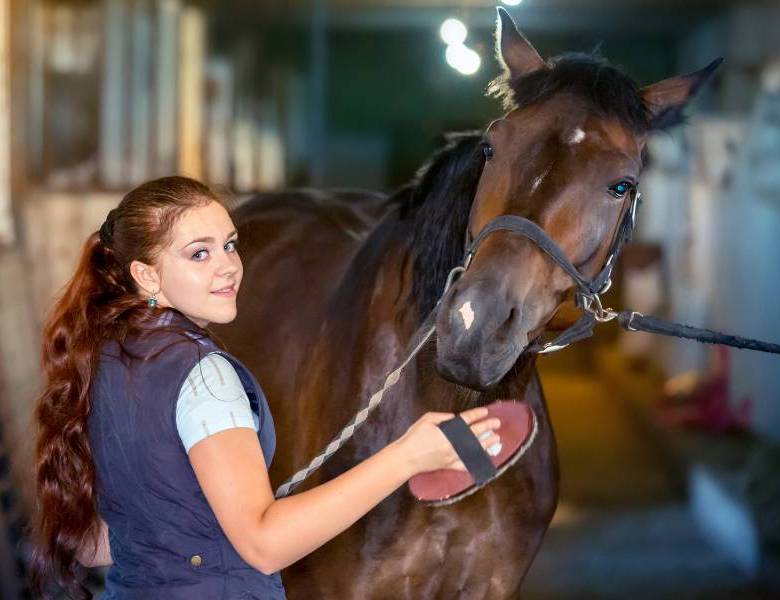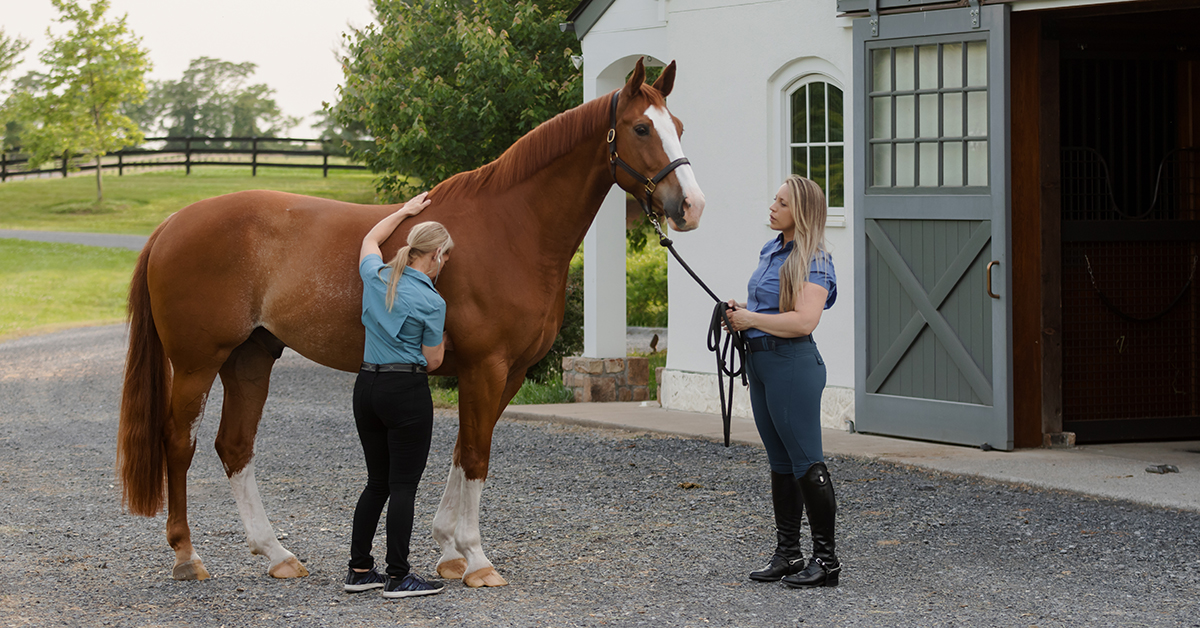As horses age, their dietary needs evolve, necessitating a shift towards softer feed options. Understanding the importance of soft feed for old horses is crucial for ensuring the health and well-being of senior equines. This comprehensive guide delves into the reasons why softer feed is essential, explores the best options available, and offers practical tips for transitioning your horse’s diet.

Understanding the Needs of Older Horses
Older horses often face unique health challenges that affect their ability to chew and digest food. Dental issues, decreased digestive efficiency, and changes in nutrient absorption all play a role in making soft feed a necessity. As equine caretakers, we must adapt to these changes to maintain our horses’ health and vitality.
Dental Health and Its Impact
Dental problems are common in older horses, making it difficult for them to chew hard feed effectively. Issues such as worn teeth, tooth loss, and gum disease can lead to inadequate nutrition if not addressed. Providing soft feed helps mitigate these challenges and ensures that your horse receives the nutrients it needs. You can find more about dental care on horse back teeth problems.
Digestive Efficiency in Senior Horses
As horses age, their digestive systems become less efficient at breaking down and absorbing nutrients. This decrease in efficiency means that senior horses may not get the full benefit from their regular feed. Soft feed, being easier to digest, helps improve nutrient absorption, ensuring that your horse remains healthy and energetic.
Benefits of Soft Feed for Old Horses
Switching to soft feed offers numerous benefits for senior horses. It not only aids in digestion and nutrient absorption but also supports overall health and well-being. Here’s a closer look at the advantages:
Improved Nutrient Absorption
Soft feed is typically more easily digested, allowing older horses to absorb essential nutrients more effectively. This is particularly important for maintaining muscle mass, bone density, and overall health.
Reduced Risk of Choking
Older horses are more prone to choking on hard feed, especially if dental issues are present. Soft feed reduces this risk, providing a safer eating experience.
Choosing the Right Soft Feed
When selecting soft feed, it’s important to consider your horse’s specific needs and preferences. Here are some popular options:
Mash and Pellets
Mashes and soaked pellets are excellent choices for older horses, offering a palatable and easily digestible meal option. Ensure that the mash is well-soaked to avoid any potential choking hazards.
Senior-Specific Feeds
Many commercial feeds are formulated specifically for senior horses, containing the right balance of nutrients and being softer in texture. These feeds often include ingredients that support joint health and coat condition.
Transitioning to Soft Feed
Switching your horse to a new diet requires careful planning to avoid digestive upset. Here’s how to make the transition smoothly:
Gradual Introduction
Introduce the soft feed gradually, mixing it with the horse’s current feed. Over a period of 7-10 days, slowly increase the proportion of soft feed.
Monitoring Your Horse
Observe your horse for any signs of digestive discomfort or changes in behavior. Adjust the diet as necessary and consult with a veterinarian if concerns arise. For more detailed guidance, refer to senior horse diet guide.
Additional Considerations for Senior Horse Care
While diet is a critical component of senior horse care, other factors contribute to their overall well-being. Consider these additional aspects:
Regular Veterinary Check-Ups
Regular veterinary check-ups are essential for monitoring your horse’s health and addressing any emerging issues promptly. These visits are an opportunity to discuss dietary needs and make necessary adjustments.
Exercise and Mental Stimulation
Maintaining an appropriate level of exercise is important for keeping older horses healthy and engaged. Tailor the exercise routine to your horse’s abilities, ensuring it remains enjoyable and safe.
Conclusion
Caring for an older horse is a rewarding experience that requires attention to detail, especially when it comes to diet. By providing soft feed for old horses, you can help ensure that your equine companion enjoys a comfortable and healthy life. For additional resources on caring for older horses, visit the Blue Cross guide on older horse care.

FAQs
What is the best soft feed for an old horse?
The best soft feed varies for each horse, but mashes, soaked pellets, and senior-specific commercial feeds are generally excellent choices.
How can I tell if my horse needs soft feed?
Signs that your horse may need soft feed include difficulty chewing, weight loss, and changes in eating habits. Consult with a veterinarian for a proper assessment.
Can I make homemade soft feed for my horse?
Yes, you can make homemade soft feed by soaking grains or pellets in water or broth. Ensure that the consistency is suitable for your horse’s needs.
This article contains affiliate links. We may earn a commission at no extra cost to you.
